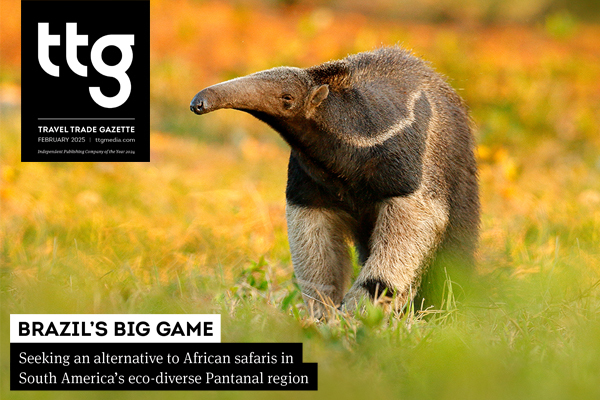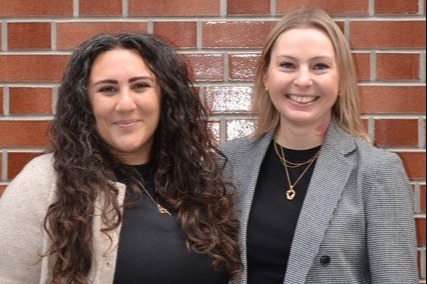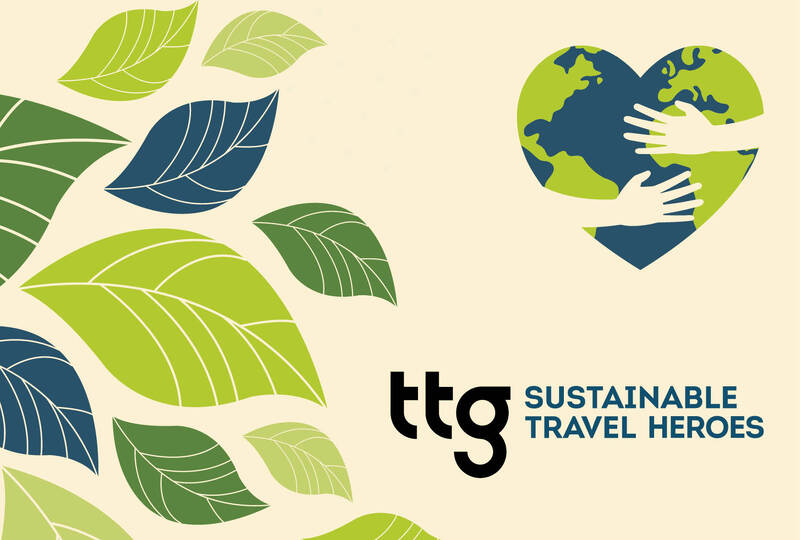Discuss disabilities at job interviews, travel firms told
 Gary Noakes
Gary NoakesTravel firms should broach the subject of disability and neurodiversity when recruiting even if the candidate does not, it has been advised.
An Aito general meeting heard two champions of diversity, Lindsay Garvey-Jones, Holiday Extras national sales manager and Travlaw’s Ami Naru discuss the issue.
Asked if there was an obligation on candidates to disclose their condition, Garvey-Jones explained her approach. “I say ‘We are an equal opportunity employer, is there anything you wanted to share with us?’”
Naru added: “There is no obligation on them to tell you, however it is good practice to ask if there are any adjustments they require. There is a legal obligation to make those adjustments.”
Garvey-Jones added: “More and more employers are turning towards assessment days, which is better than the older style interview to see someone’s aptitude based on how they do the job.”
She stressed the broad scope of the diversity, equity and inclusion issue.
“When you say diversity and inclusion to people they start to glaze over; but we are talking about disability, invisible disability, neurodiversity and we are talking about age – sometimes that gets forgotten.”
She added there were now 25 million people in the UK over 50 and that only 16% of neurodiverse people had found full-time employment. Among these, only 10% said they got the support they needed from their employer.
“More and more people are being diagnosed with ADHD later in life,” she said.
Garvey-Jones advised firms to use data to chart progress and to look to easy wins such as ‘reverse mentoring’, which she said meant “getting staff to talk to you”.
Sign up for weekday travel news and analysis straight to your inbox

Gary Noakes
Supplier Directory
Find contacts for 260+ travel suppliers. Type name, company or destination.













